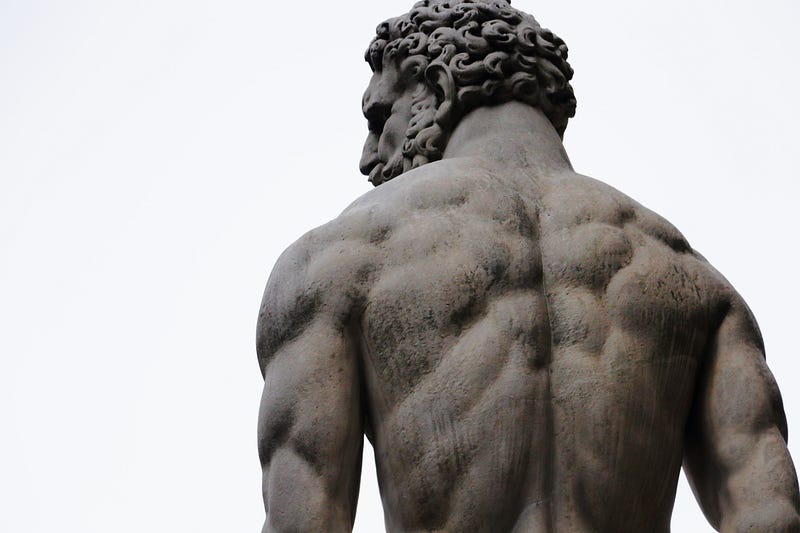Mastering Mental Toughness: Seneca's Stoic Wisdom Unveiled
Written on
Chapter 1: The Timeless Teachings of Seneca
The wisdom that transcends time is often born from adversity. While many Stoics, such as Seneca, achieved great wealth, countless others faced social rejection and hardship. Regardless of their circumstances, the teachings of these philosophers continue to resonate even two millennia later.
This endurance of Stoicism is a testament to its inherent truths. As we delve deeper into this philosophy, we often emerge with enriched perspectives and newfound insights.
In this exploration, we’ll discuss three Stoic principles articulated by Seneca that can fortify your mindset and cultivate robust character.
Section 1.1: Living in Harmony with Nature
Seneca emphasizes the importance of aligning our lives with the natural world. His philosophy reassures us that nature itself is devoid of faults.
In Letter XVI, he conveys:
“Here is another saying of Epicurus: ‘If you shape your life according to nature, you will never be poor; if according to people’s opinions, you will never be rich.’ Nature’s wants are small, while those of opinion are limitless.”
Just as plants thrive with minimal resources, we too should focus on our essential needs rather than societal expectations. The relentless pursuit of comparison often leads to dissatisfaction, robbing us of joy.
Instead of measuring our worth against others, we should assess whether we have enough to lead a fulfilling life. A balanced existence, akin to nature’s rhythm, enables us to appreciate what we have while fostering contentment.

Section 1.2: The Value of Deprivation
Seneca’s Letter XVIII discusses the merits of experiencing scarcity to prepare for life’s challenges:
“If you want a man to keep his head when the crisis comes, you must give him some training before it comes.”
Though we might not need to endure extreme deprivation, we can benefit from temporary breaks from excess. Engaging in a social media detox, for instance, can provide clarity and perspective.
Limiting distractions allows us to reconnect with our thoughts and appreciate the simple moments in life. Just as athletes incorporate rest into their training, we too must recognize the value of pauses in our daily routines.
Chapter 2: Identity Beyond Material Possessions
Seneca’s insights extend to our relationship with possessions. In Letter XLVI, he poignantly notes:
“No one should feel pride in anything that is not his own.”
Owning luxury items doesn’t define a person’s worth. Instead, true value lies in our character and the virtues we uphold.
Understanding our identity beyond material wealth helps foster humility and gratitude. By recognizing the intrinsic worth of ourselves and others, we cultivate a richer appreciation for life’s true treasures.
Explore the Stoic lessons from Seneca that can enhance mental resilience and provide guidance in facing life's adversities.
Discover the transformative power of Seneca's letters that can lead to personal invincibility and deep self-understanding.
Final Thoughts: The Path to Invincibility
By embracing the principles of Stoicism, we can navigate life with a sense of purpose, unburdened by external pressures. True fulfillment comes from appreciating the basics of life and recognizing our values.
Let us shift our focus from what we own to who we are, as we cultivate a deeper understanding of ourselves and the world around us.